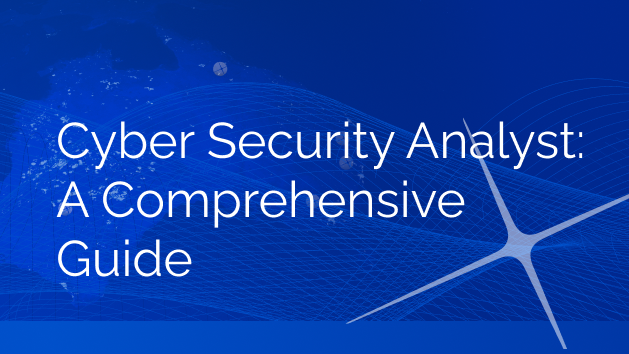
In the digital age, cyber security is a critical aspect of any organization’s infrastructure. A cyber security analyst plays a pivotal role in safeguarding information systems by monitoring, detecting, investigating, analyzing, and responding to security events. Below, we explore the ins and outs of this dynamic profession.
How to Become a Cyber Security Analyst
Becoming a cyber security analyst requires a mix of education, skills, and sometimes, certifications. A bachelor’s degree in computer science, information technology, or a related field is often the foundation. Gain hands-on experience through internships or entry-level IT positions. Certifications like CompTIA Security+, CEH, or CISSP can significantly enhance your employability.
What Does a Cyber Security Analyst Do?
Cyber security analysts protect IT infrastructure, edge devices, networks, and data from cyber-attacks. They monitor systems for unusual activities, implement security measures, conduct vulnerability assessments, and respond to breaches. Analysts also educate staff on security protocols and collaborate with other departments to establish company-wide best security practices.
How to Become a Cyber Security Analyst in Australia
The path in Australia mirrors the general approach but emphasizes local industry certifications, such as those from the Australian Signals Directorate (ASD) and the Australian Cyber Security Centre (ACSC). Networking and understanding Australian data protection laws will be beneficial.
How Hard Is It to Be a Cyber Security Analyst?
The difficulty is subjective and depends on one’s affinity for continuous learning and problem-solving. Cyber security is a field that requires keeping up with rapidly evolving threats and technologies. Strong analytical skills, attention to detail, and the ability to remain calm under pressure are essential.
Can a Cyber Security Analyst Work from Home?
Yes, many cyber security roles are conducive to remote work. However, this may depend on the organization’s policies and the sensitivity of the information being handled.
Can You Become a Cyber Security Analyst Without a Degree?
It’s possible, but challenging. Candidates without a degree must demonstrate significant hands-on experience, technical acumen, and possibly hold industry certifications to prove their expertise.
Do Cyber Security Analysts Code?
Some do, especially those involved in creating security software, simulations, or those who need to script their tools. However, not all cyber security analyst roles require coding skills.
How Much Do Cyber Security Analysts Make?
Salaries vary widely based on location, experience, and the specific sector within cybersecurity. According to various salary aggregation sites, the range can be quite broad, from $70,000 to over $120,000 annually.
How to Become a Cyber Security Analyst with No Experience
Start with self-study and certifications to build foundational knowledge. Consider roles like a security administrator or network engineer to gain relevant experience. Participate in security-related forums and contribute to open-source projects.
Is Cyber Security Analyst a Good Career?
Absolutely. It offers a challenging, rewarding, and often well-compensated career path with plenty of opportunities for advancement in a field that continues to grow in importance.
Cyber security is a field with a critical role in the modern world, promising a rewarding career for those interested in protecting the digital frontier. With the right blend of skills, education, and passion, a career as a cyber security analyst can be highly fulfilling and lucrative.

Leave a Comment
We’d love to hear from you! Share your thoughts or ask a question in the form below.